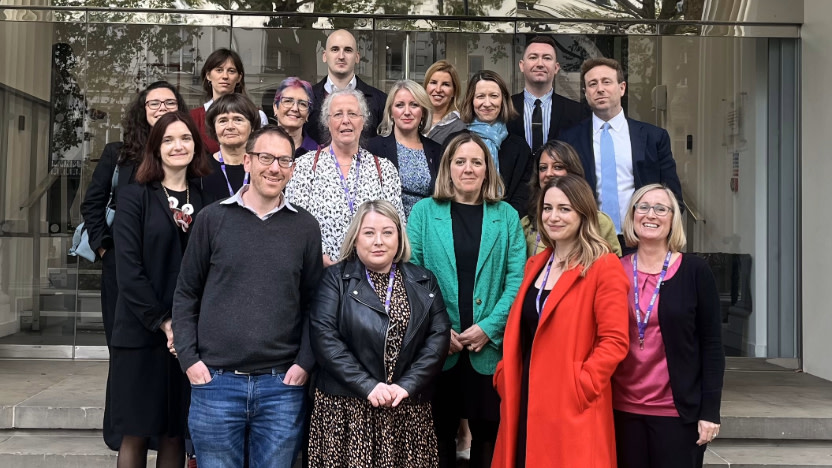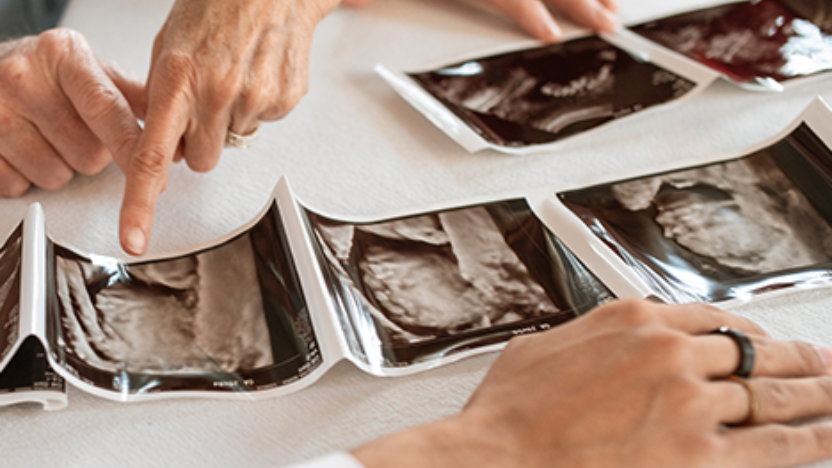
Public inquiry
Representing 13 of the UK’s leading PBPOs in the COVID-19 Public Inquiry
Slater and Gordon’s Kim Harrison reflects on Module 3 of the Covid-19 Public Inquiry, where she represented some of the UK’s leading PBPOs as their Designated Legal Representative.
It has been a privilege to represent 13 of the UK’s leading Pregnancy, Baby and Parent Organisations (PBPOs) in Module 3 of the Covid-19 Public Inquiry as their Designated Legal Representative. These organisations are Aching Arms, The Pelvic Partnership, The Miscarriage Association, The Ectopic Pregnancy Trust, Twins Trust, Group B Strep Support, The Lullaby Trust, Bliss, Tommy’s, ICP Support, Baby Lifeline, The National Childbirth Trust (NCT) and Pregnancy Sickness Support. We have spent almost 2 years preparing for the Inquiry hearings, reviewing disclosure, reports and submitting witness evidence on behalf of the PBPOs.
Since September, we have had 10 weeks of hearings looking at the healthcare response in the acute phases of the pandemic. That evidence has shone a light on the failures of the healthcare system and it is clear that pregnant women and people, newborn babies and parents were badly let down during this time.
Partners and fathers were unable to attend routine antenatal appointments and scans, excluded from the first hours, days and weeks with their children. Women had to make heartbreaking calls to their partners to explain that their was no heartbeat on a scan, or that they had miscarried, or that their babies had died. Women gave birth without adequate pain relief, facing unbearable suffering alone.
MBRRACE-UK’s surveillance survey (2019-2021) on maternal deaths and morbidity found that Covid-19 was the leading cause of maternal death in the UK and found that improvements in care may have made a difference for 76% of those deaths. We argued on behalf of our clients that the correct balance was not struck between the obviously necessary restrictions to help keep people safe during the pandemic and the need to ensure the continuity of essential pregnancy related care, which cannot be stopped under any circumstances.
It is imperative that the draconian impacts of visiting restrictions must not be repeated in a future pandemic, and in particular, there must be suitable flexibility in the system and the ability to relax restrictions when safe and appropriate to do so and in particular once good infection prevention control, testing, treatments and vaccines become available. During evidence, a number of witnesses recognised that the visiting rules did not strike the right balance. The stay-at-home message put some women and pregnant people off from seeking appropriate treatment and healthcare, sadly for some resulting in their death. Some conditions in pregnancy can only be picked up at a face-to-face consultation.
We now await the Inquiry’s interim Module 3 report and with it, the recommendations that we hope will come from it to improve care in the future. We truly hope that the Inquiry will now make some meaningful recommendations to redress the place of women and pregnant people and their partners in healthcare, including the proper resourcing of maternity services, ensuring that no pregnant woman or person is left alone during hospital visits and consultations, and that the highest quality of care is received.
Finally, it is so important to recognise the unsung work of so many charitable organisations in this field, which is so often overlooked and taken for granted. The 13 PBPOs all did a huge amount of work during the pandemic to assist pregnant women and people, their babies and the NHS, often with extremely limited resources. I want to pay tribute to each and every one of them, for what they did and continue to do for pregnant women and people, the partners and their babies and to wish them all the very best for the future.



